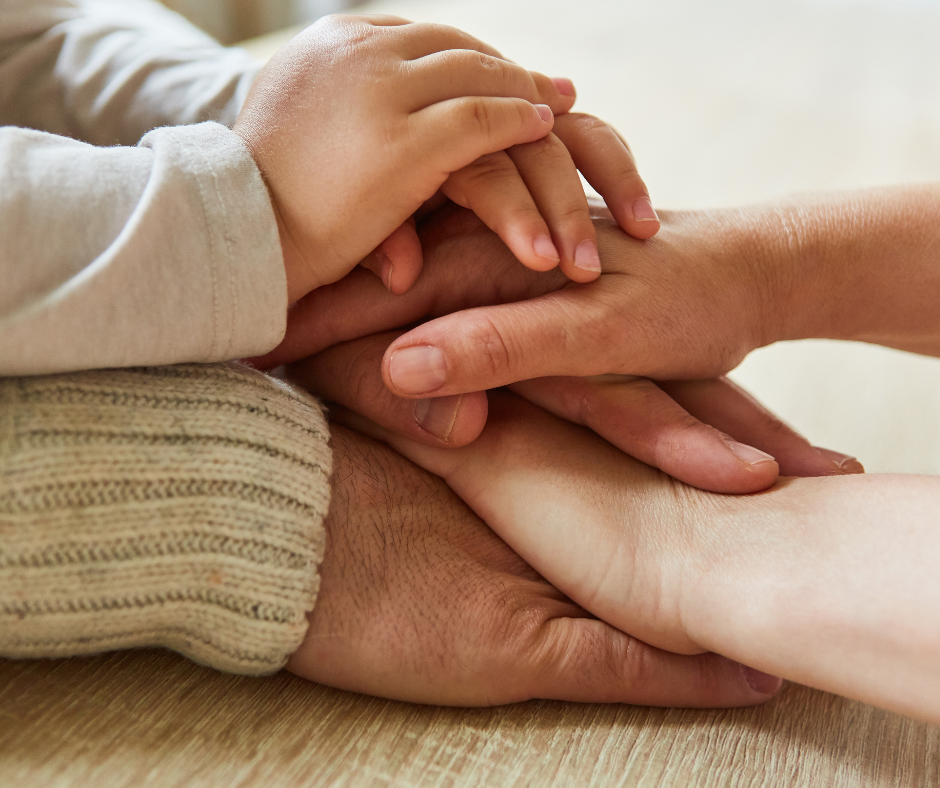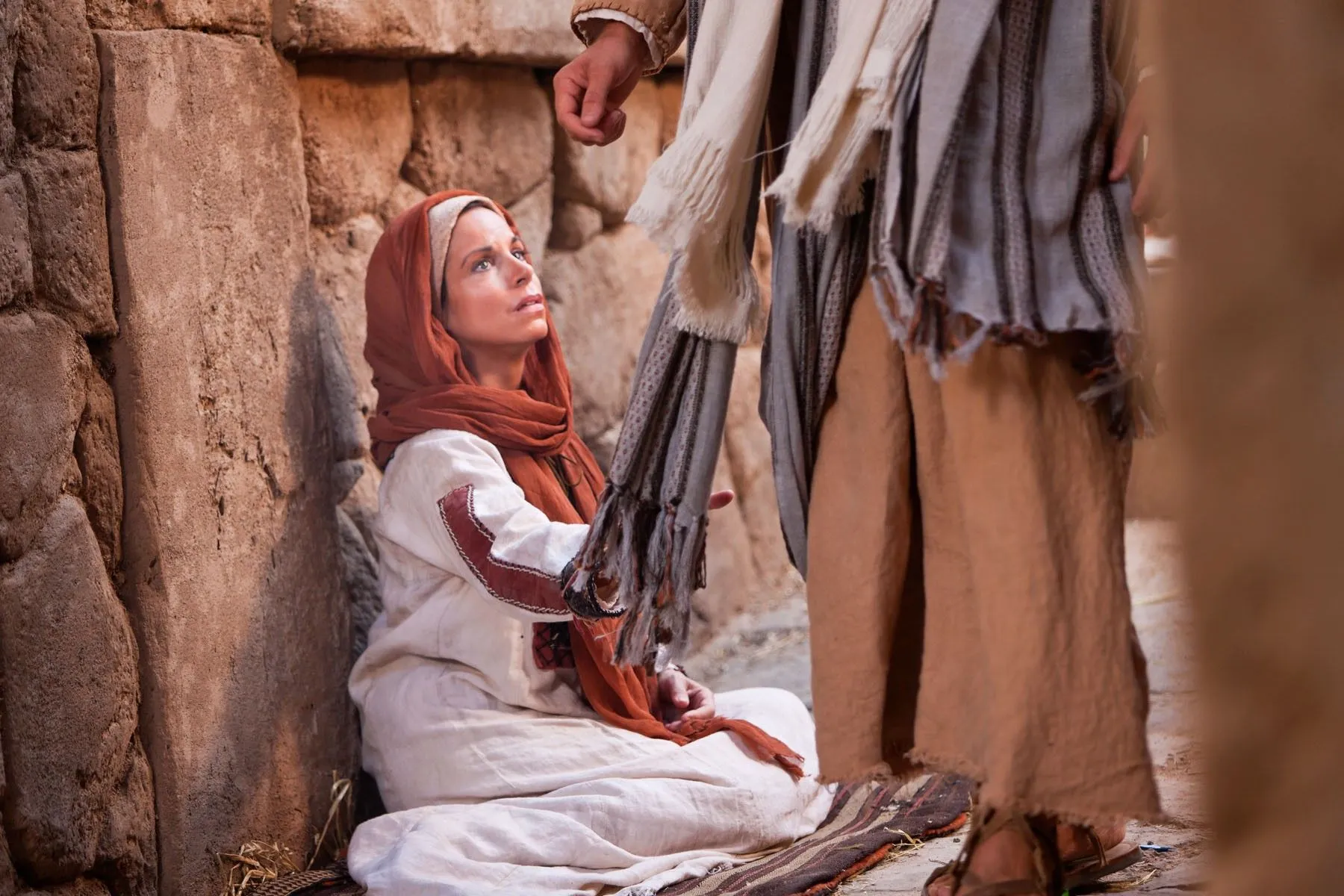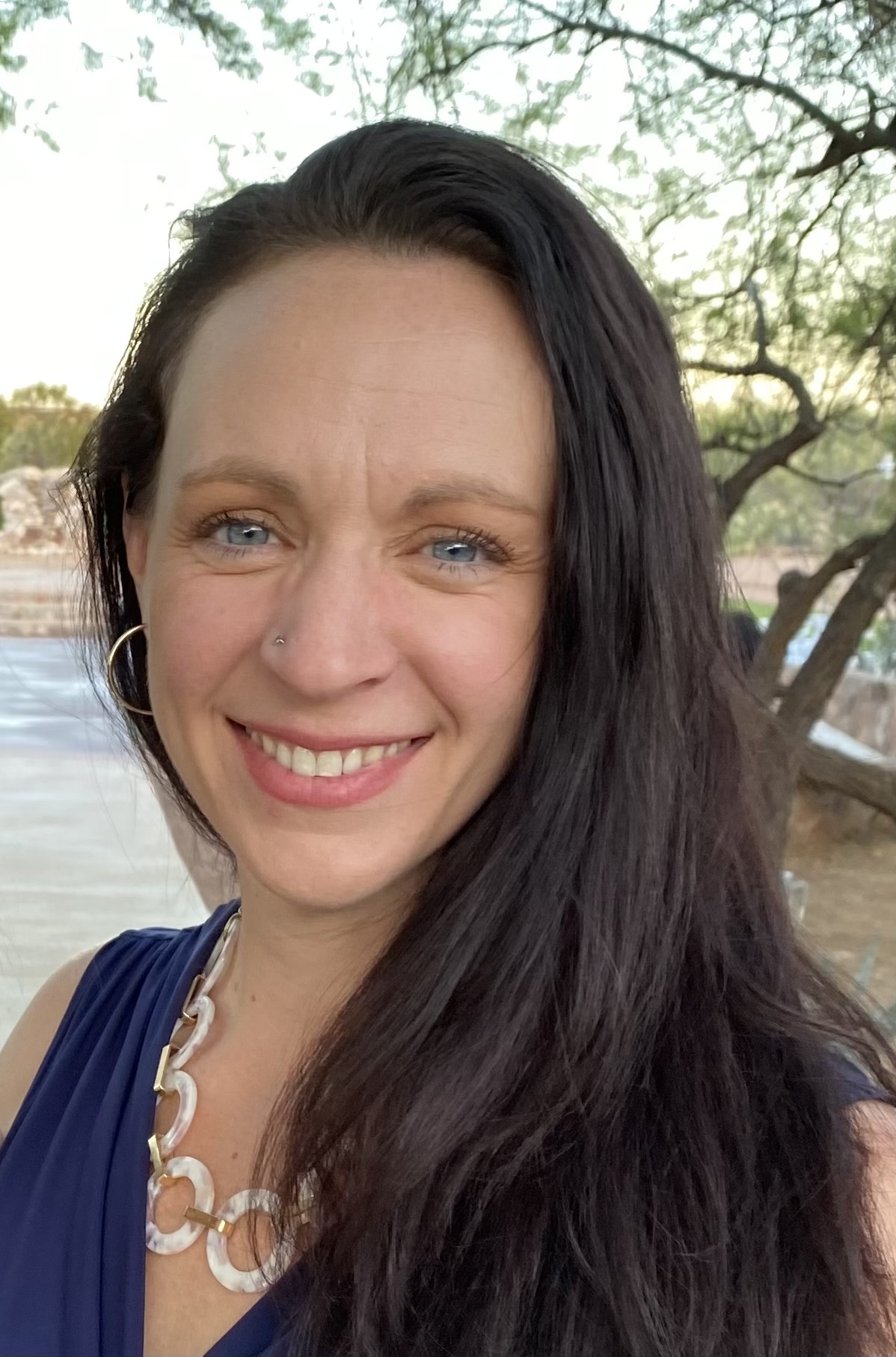Dysfunctions tumble down through the generations, “piggybacking” on each other. Some of us have been victims of multigenerational tidal waves of dysfunction. To whatever degree you’ve been negatively affected by family dysfunction, I want you to know:
It didn’t start with you! The wonderful hope is that it can stop with you!
When we carry dysfunction into the next generation, we are usually—unconsciously—“loyal” family members. Track with me one example of the family dynamics of one generation affecting another. This will help you look at your own “invisible loyalties.”
Invisible Loyalties of Joe and Joan
“Joe’s” father was an alcoholic. Joe becomes an alcoholic like Dad in unconscious loyalty to his father. Joe’s mother was also both controlling and critical of Joe in many ways. Naturally, Joe has a lot of negative self-talk. He even has a negative view of women in general, making him “loyal” to what he’s seen in Mom’s behavior and heard from Dad about Mom and women. What kind of woman do you think Joe will marry?
“Joan’s” father was also an alcoholic, and her mother was both critical and controlling of Dad. She also taught Joan to be a “parent” to her siblings and to Dad. Because Mom aligned with Joan against her father—and praised her for being such a good “parent” to her siblings—she shaped what Joan thought of her father and of men in general. What kind of man do you think Joan will marry?
When Joe and Joan marry, Joan will tend to carry on her mother’s negativity by always criticizing Joe, and she will likely continue being angry at her father by criticizing Joe’s drinking. Of course, she needs Joe to drink to confirm her anger is justified. Both of them are behaving as “loyal” family members. Their marriage looks much like the families they grew up in. Joan is in a “rescuing parent” role, and Joe is in the “victim child” role. Without intervention of some sort, they’ll probably raise children who carry these dynamics down to the next generation.
We learn to believe what we think of ourselves and others in our childhood.
If our family is dysfunctional, then in order to survive, we have no choice but to believe what we’ve been told about ourselves and to act accordingly. For example, some people need to believe that they are “not good enough” to avoid conflict with their parents, who tell them they are not good enough, either directly or indirectly. These beliefs are held onto in their adult lives, even though they sabotage happiness (there’s that invisible loyalty dynamic again!).
The good news is that God is bigger than these kinds of family dynamics.
There are many Biblical examples of God’s intervention to help break a generational pattern. One example is the story of Joseph from the book of Genesis. Joseph’s father, Jacob, displayed extra affection for Joseph, who was born in his father’s old age. This prompted jealousy and anger among his brothers. As tensions boiled over, Joseph’s brothers concocted a plan to sell him as a slave. However, under God’s care, Joseph rose out of slavery to a position of considerable influence. When circumstances brought Joseph and his family together again after many years, Joseph chose to show mercy to his brothers, changing the dysfunctional patterns of secrecy, guilt, fear, and anger in the whole family. As it says in Genesis 50:20, “As for you, you meant evil against me, but God meant it for good, to bring it about that many people should be kept alive, as they are today.”
Solutions That Give Hope
Discovering and changing negative messages (redeciding them) can be difficult, but it is a necessary process; all personal growth involves redecision. But here are a few solutions:
- Decide to be loyal to Jesus by acting on the truth of what He says about you! In so doing, you are being loyal to your Heavenly Father.
- Continue to strengthen your relationship with God, your Healer, through reading His word, and prayer. Ask Him for healing!
- Counsel with a good Christian counselor or a therapist who specializes in trauma.
- Read books that address your particular issues.
- Journal your thoughts and emotions, past and present.
- Change negative decisions you’ve made and ACT on the new ones! The feelings will eventually “tag along!”
- Build healthy, authentic relationships. Healing happens in community.
- Disconnect for long periods of time from TV and social media. This helps create a “clean slate” in your brain for truth to be embedded. Make room for the truth!
God loves us deeply!
He can help us be aware of the underlying messages that need to be changed and give us the hope and power to act in ways that agree with the truth about ourselves and others. Regardless of the degree of negativity in your background, when you pursue healing for yourself, you are bringing healing to future generations. The dysfunction can stop with you!
~Dr. Chet Weld, Counselor
Dr. Chet Weld is a licensed professional Christian counselor with over 40 years of experience, including 25 years as a pastor in a church. He is the author of God Is in the Crazy, a book that contains many miracle accounts and tips on how to grow in your faith and live a more peaceful life. The audible version will soon be available on Amazon as well.
*Note: If you are ready to begin your journey of healing , then consider joining one of our online healing groups this fall. Sign up HERE to join the waitlist and be the first to know when registration opens. Also, if you feel you are in need of counseling or trauma-based therapy, reach out to us at [email protected]. and we would be happy to direct you to our trusted referrals.





0 Comments